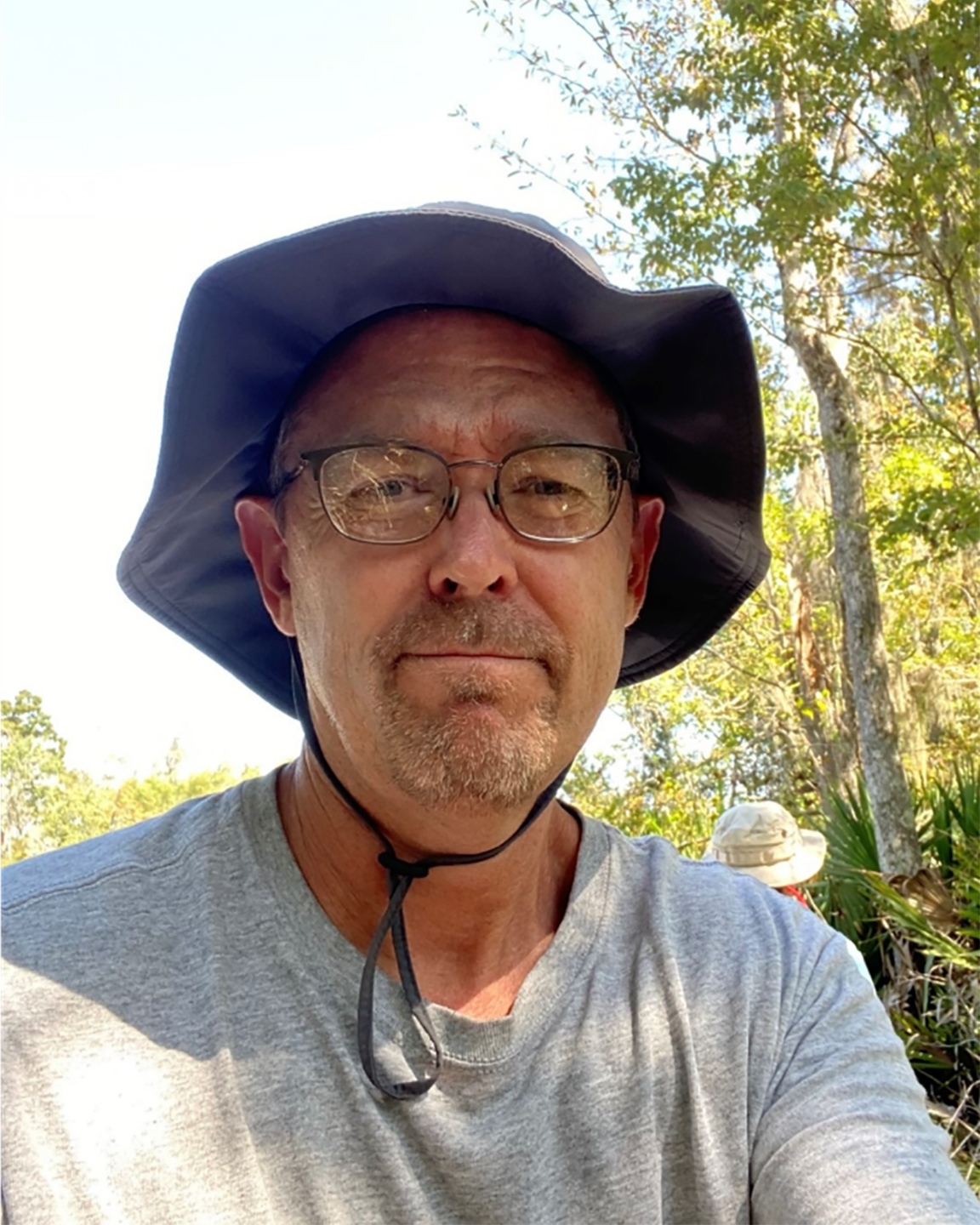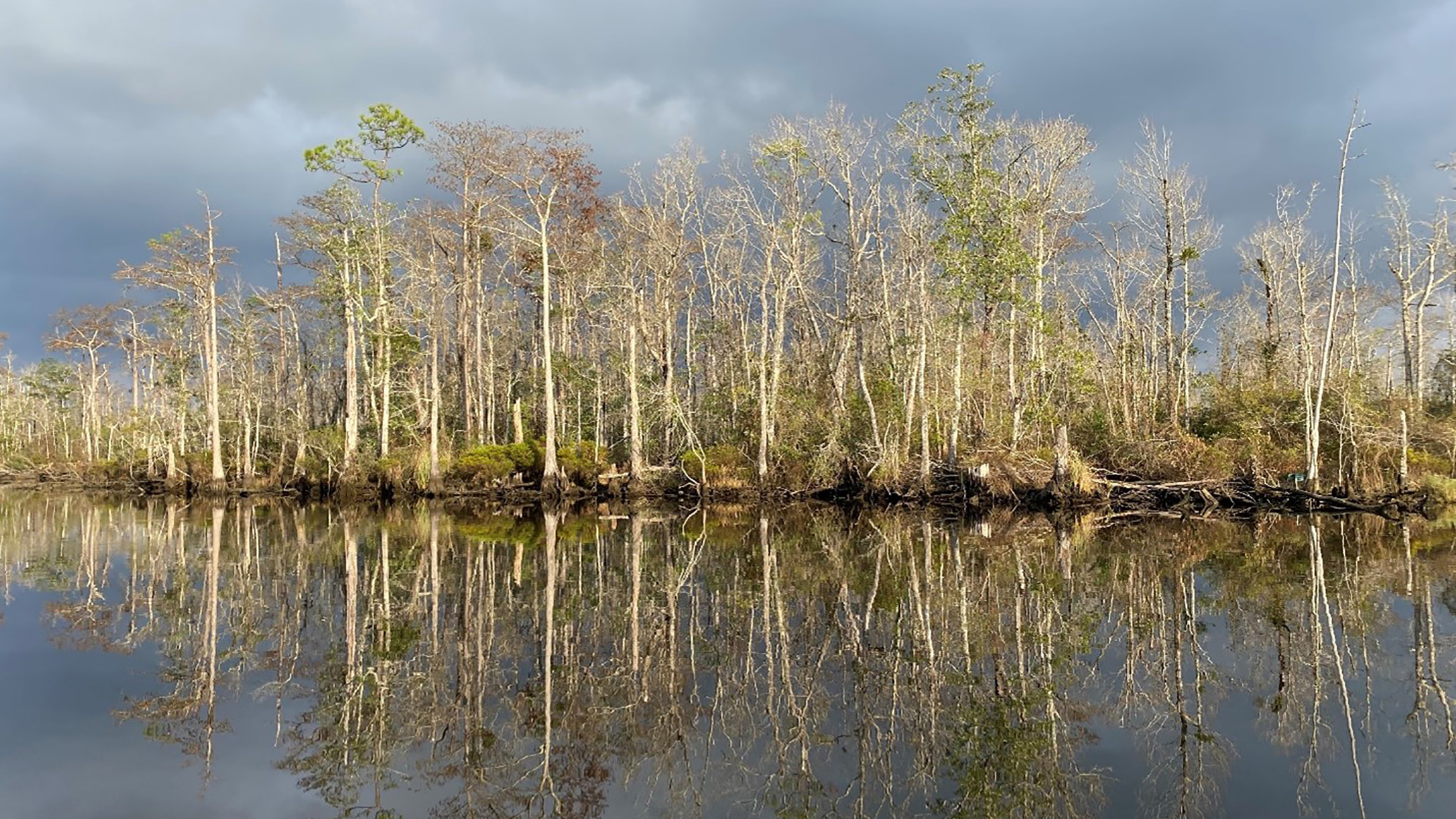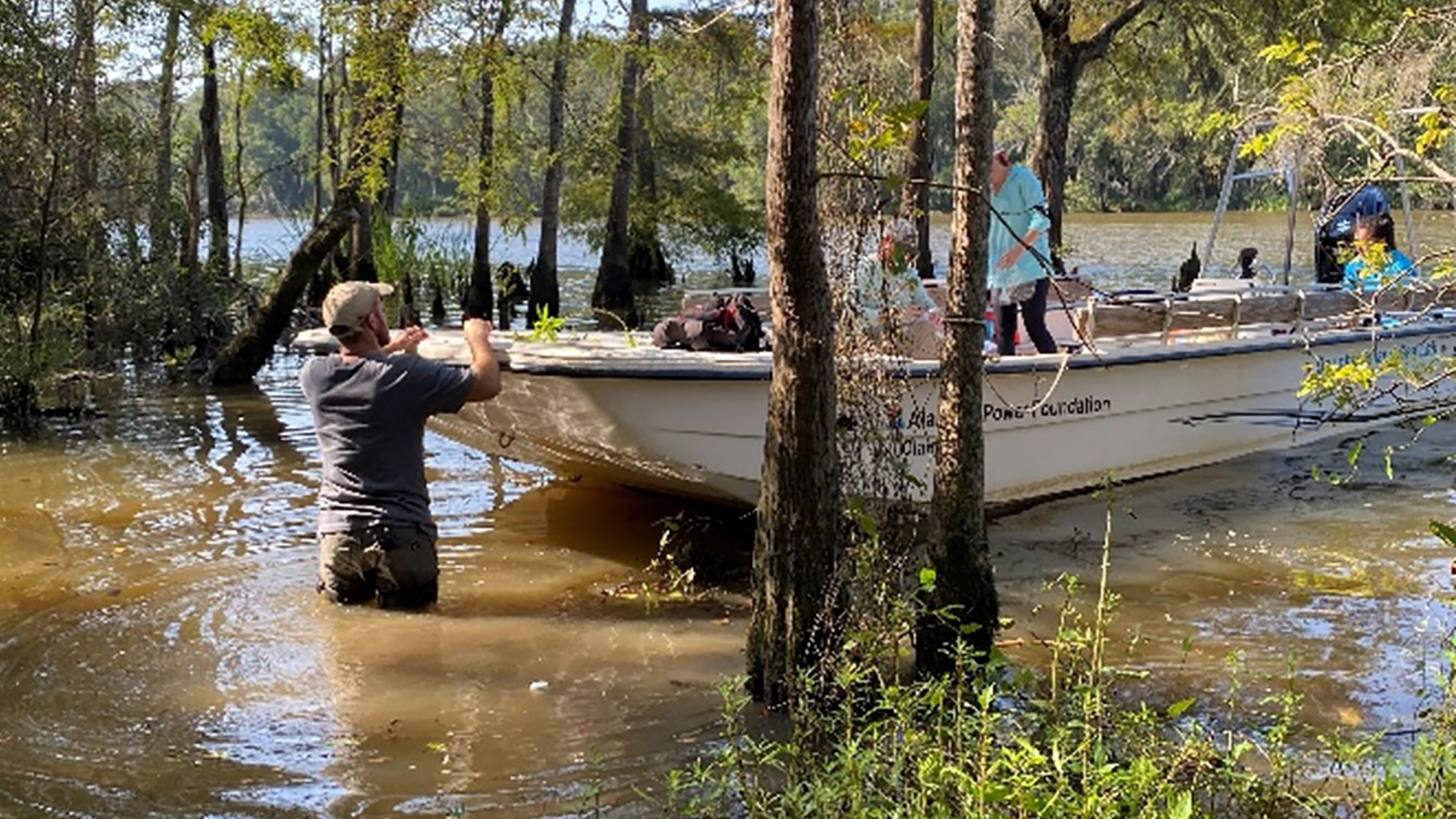WE SAT DOWN WITH AU’S DR. CHRIS ANDERSON, A PROFESSOR IN THE COLLEGE OF FORESTRY, WILDLIFE AND ENVIRONMENT.
Tell us about your background and current position.
I have been a professor of wetland ecology at the AU College of Forestry, Wildlife and Environment for over 15 years. My role as a professor has been a combination of teaching, research, and outreach and I enjoy all three aspects of my job! Before I became a professor, I worked as an environmental consultant for over eight years in Florida. My interest in wetlands came from my experiences there. I was involved in designing wetland creation and restoration projects, conducting wetland delineations, surveying for listed species, and working with engineers and clients to acquire regulatory permits for their projects. Even now, my consulting experience contributes toward my teaching and research interests here at Auburn.

Dr. Chris Anderson of Auburn University’s College of Forestry, Wildlife and Environment.
Describe your current research activities.
All my current research is along the northern Gulf of Mexico coast- mostly in west Florida and Alabama. I tend to work in interdisciplinary teams which means my research is in conjunction with other scientists representing different expertise- everything from biologists, hydrologists to social scientists. The advantage to this approach is that we can address complex environmental problems that usually involve both humans and nature. I consider my research to be very applied, meaning it is designed to address important societal issues. Currently, we have research that examines how watershed land use change (i.e., forests to urban or agriculture) impacts coastal wetlands and estuaries. We especially consider impacts to the important ecosystem services they provide like fisheries, water quality, and flood storage. I also have ongoing research studying tidal freshwater forested wetlands in the lower Apalachicola River and the Mobile-Tensaw Delta. These are large, complex wetland systems that are vitally important but under immediate threat from climate change and sea level rise.

A tidal swamp in the Mobile-Tensaw Delta. Photo Credit: Chris Anderson
In your career, what is the best advice you’ve been given?
This probably qualifies as more than advice, but my PhD advisor Bill Mitsch was very influential on me and trained me how to think as a systems ecologist. Systems ecology is a holistic view of an ecosystem and considers not only the interactions within the ecosystem but its emergent properties. Wetlands often make interesting case studies because even though they have characteristics of both terrestrial and aquatic environments, they usually function very differently than either one. Considering ecosystems holistically can provide important and unexpected insights and has guided my research and teaching interests here at Auburn.

Preparing to sample in a tidal swamp. Photo Credit: Chris Anderson
